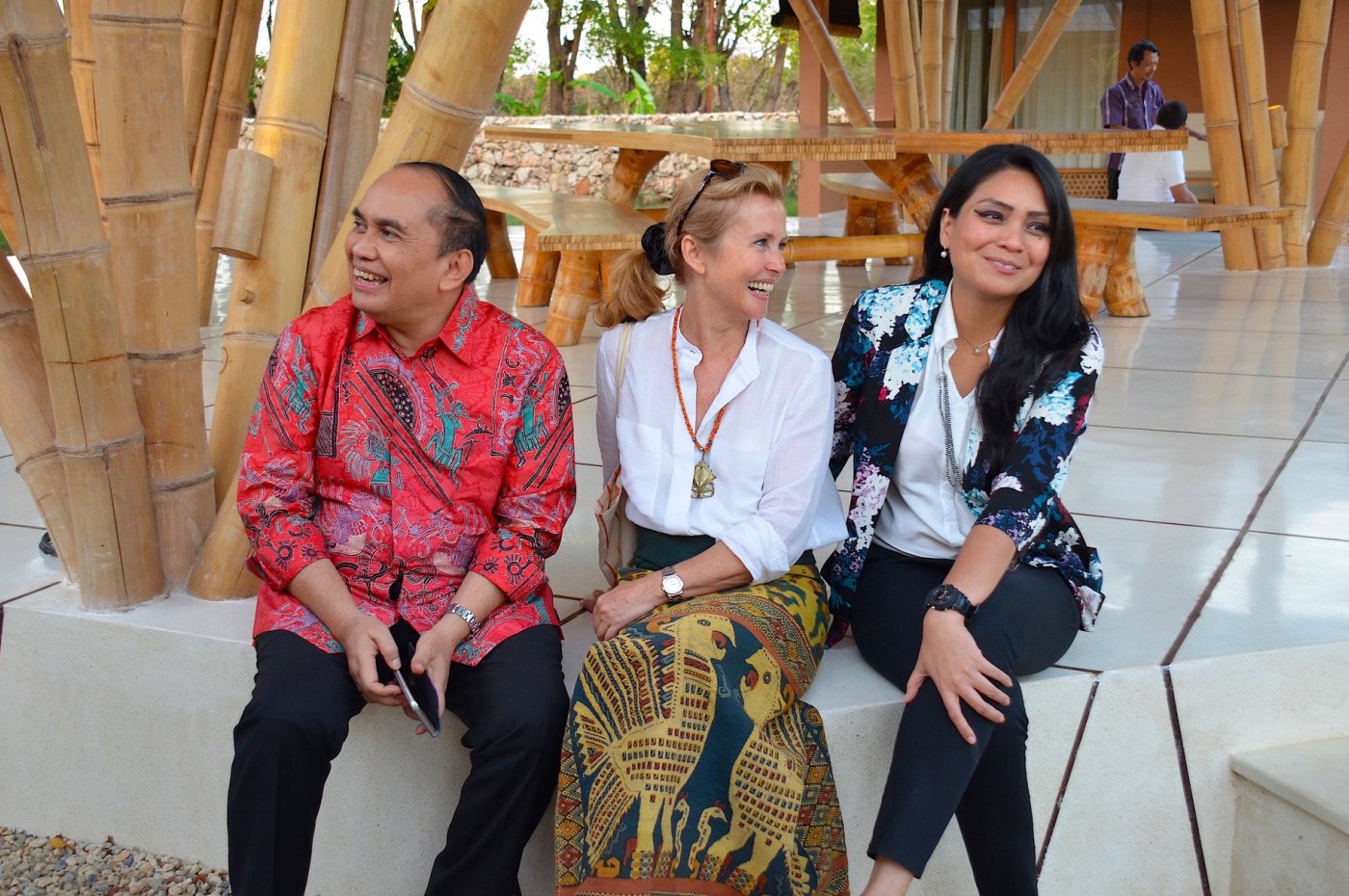
On a holiday trip to Sumba in 2013, Inge De Lathauwer's eyes were opened to the island's immense beauty and potential - as well as the challenges if nothing was done. Read on and get the story of what a passionate individual with a great heart can help achieve. A story about what tourism can do for the local community.
You do not have to listen to the mild-mannered Inge De Lathauwer for long to understand that this is more than just a job to her. It is about responsibility, passion, and love. About a hotel school's present, Sumba's future, and making dreams come true - a dream of locally rooted tourism with perspective and lot.
It is a calling for Inge and a lifelong project that will create positive change.
Youth is the key to a better future
Inge herself comes from the hotel industry but has been involved in philanthropic projects for decades, primarily through more prominent NGOs and global organizations. However, she has often been a bit disappointed.
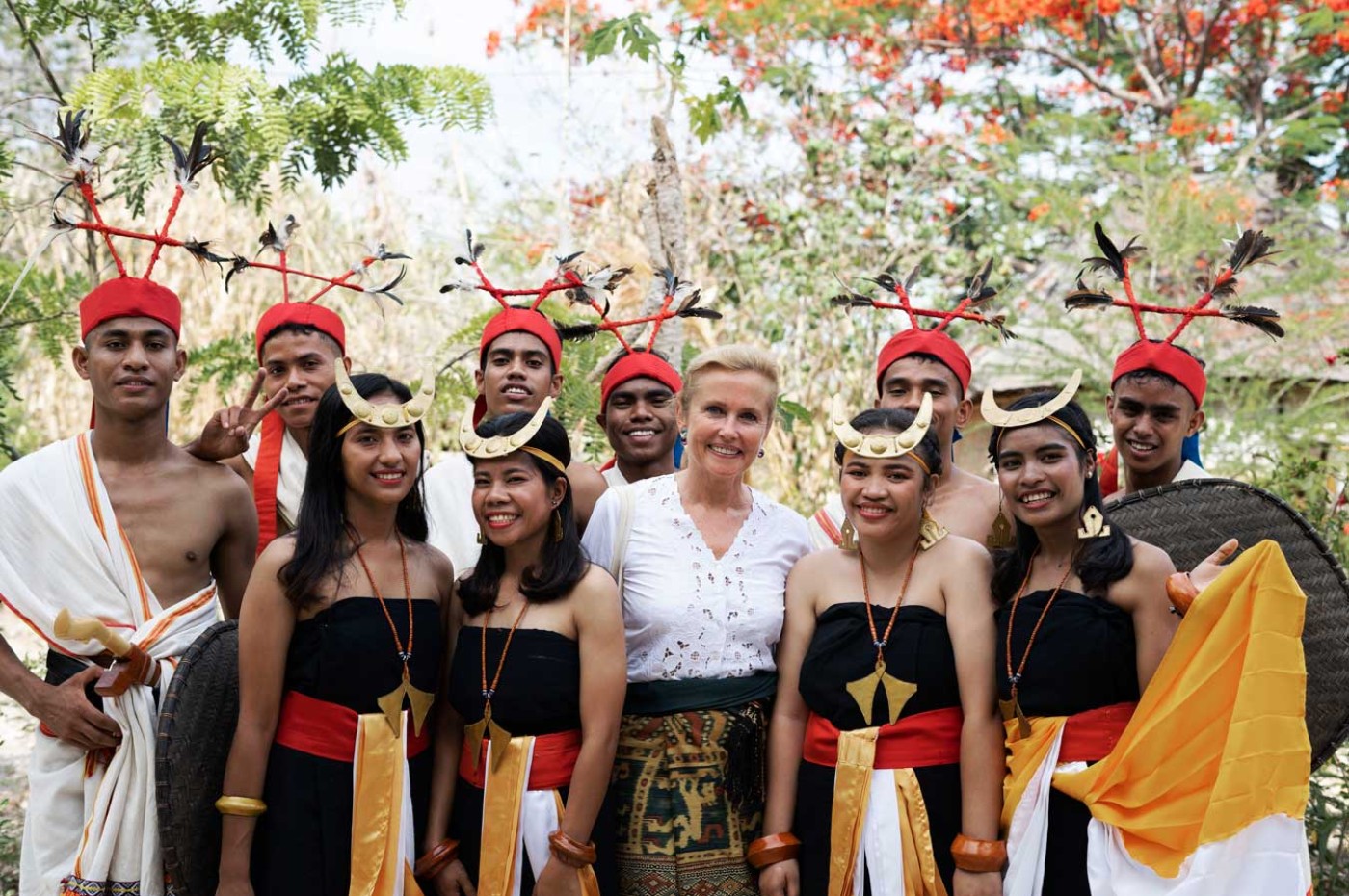
Disappointed with the slow pace, too much bureaucracy, too many meetings, and too little actual change.
Also, too little focus on a frequently overlooked group: those aged 17-25, whom Inge sees as the key to sustainably moving a population out of poverty. Larger organizations often focus on children and 'forget' about them as they age. That is a mistake; we will circle back to that later.
Lars Mathiasen director of Journey´s Intent (JI) had a chat with Inge De Lathauwer about the journey from being on a holiday in Sumba to running the region's only non-profit hotel and restaurant school, a small boutique hotel, a permaculture farm, and being a hope for Sumba's local population.
JI: How did your Sumba adventure and engagement start?
Inge: "In 2013, I was on a trip with a friend to Sumba. On one hand, I was captivated by the island's beautiful flora and fauna and, not least, the culture that has its roots in a thousand-year-old animistic tribal system. Authenticity and genuineness were key words.
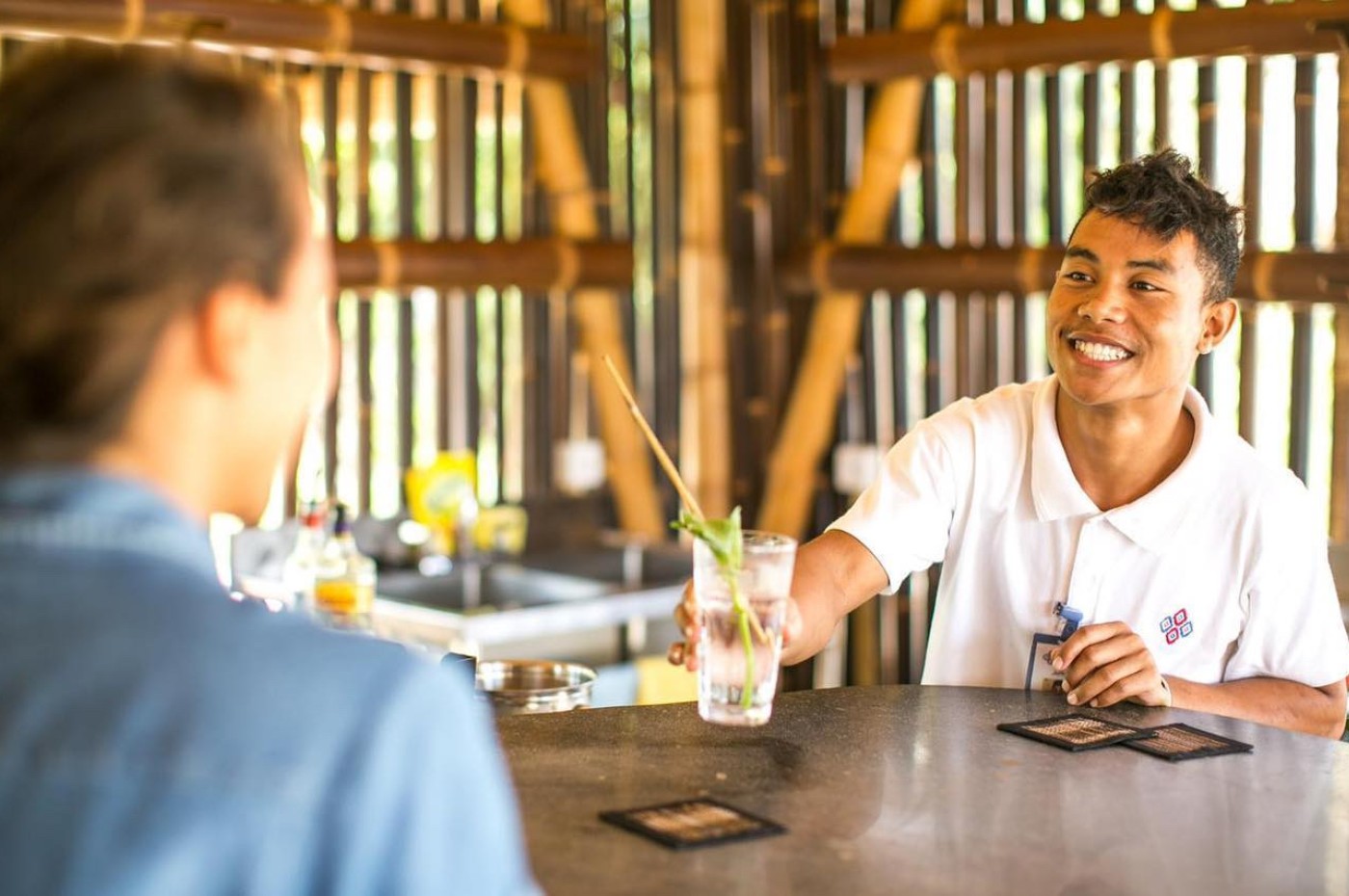
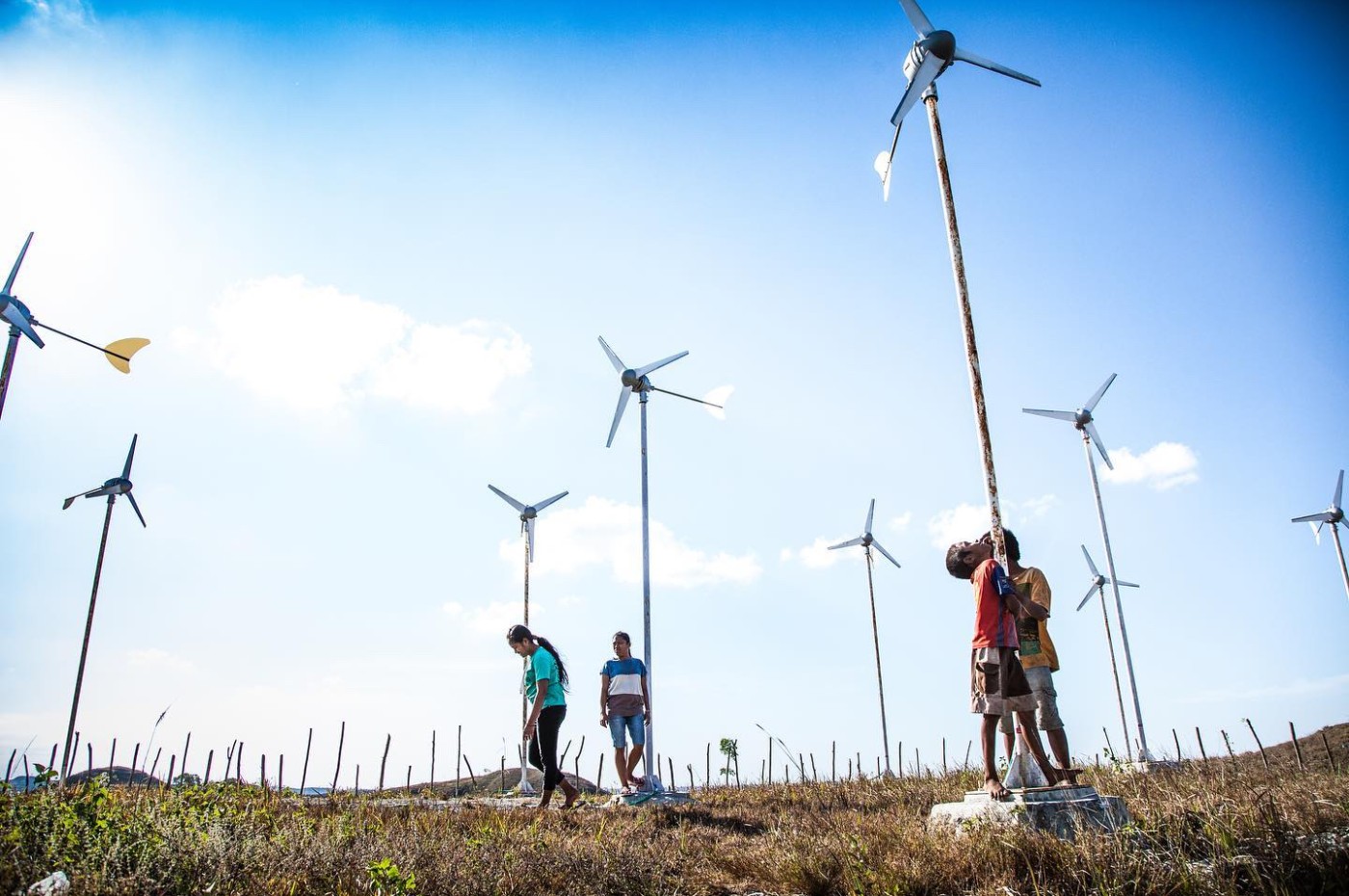

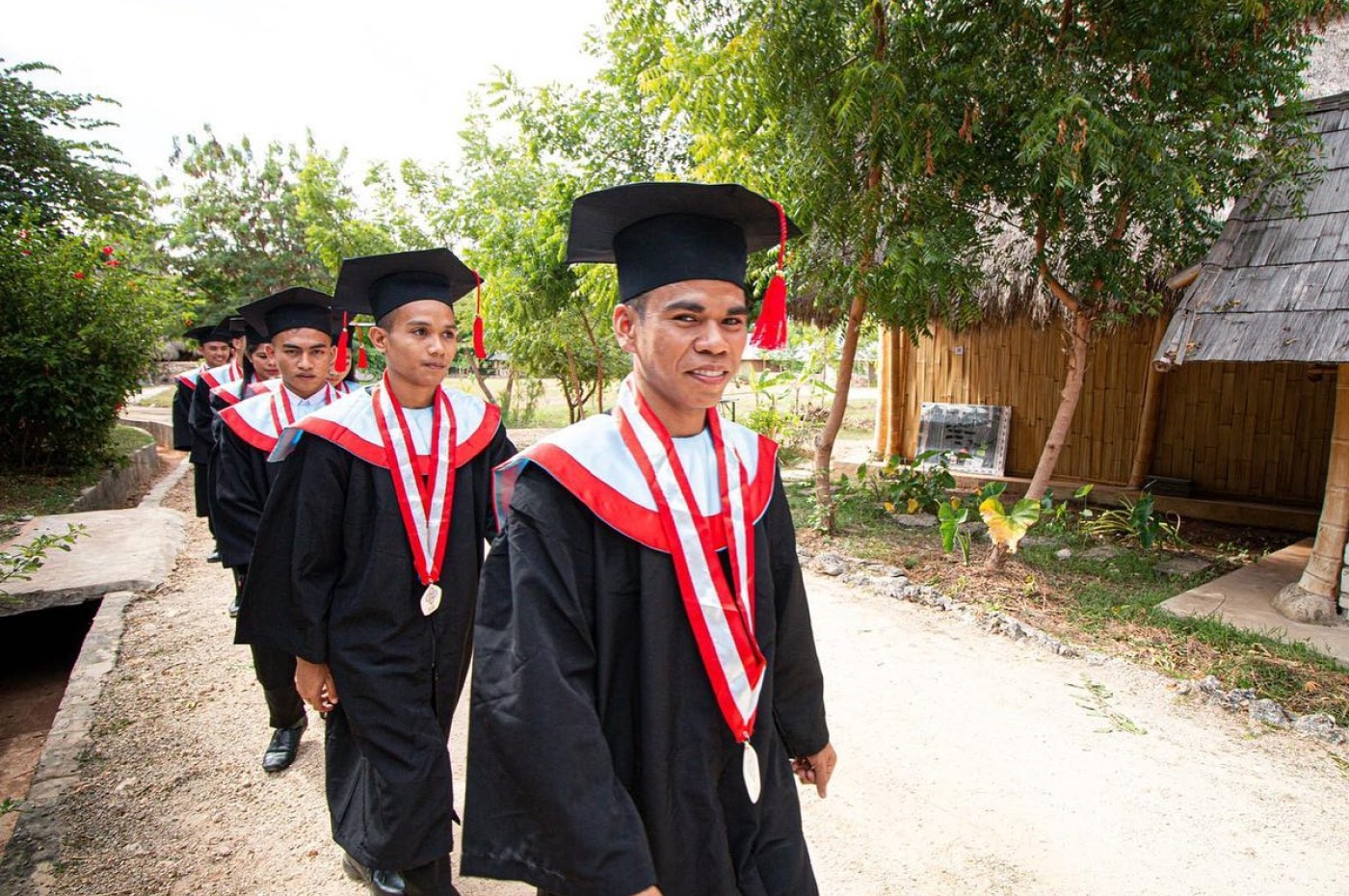
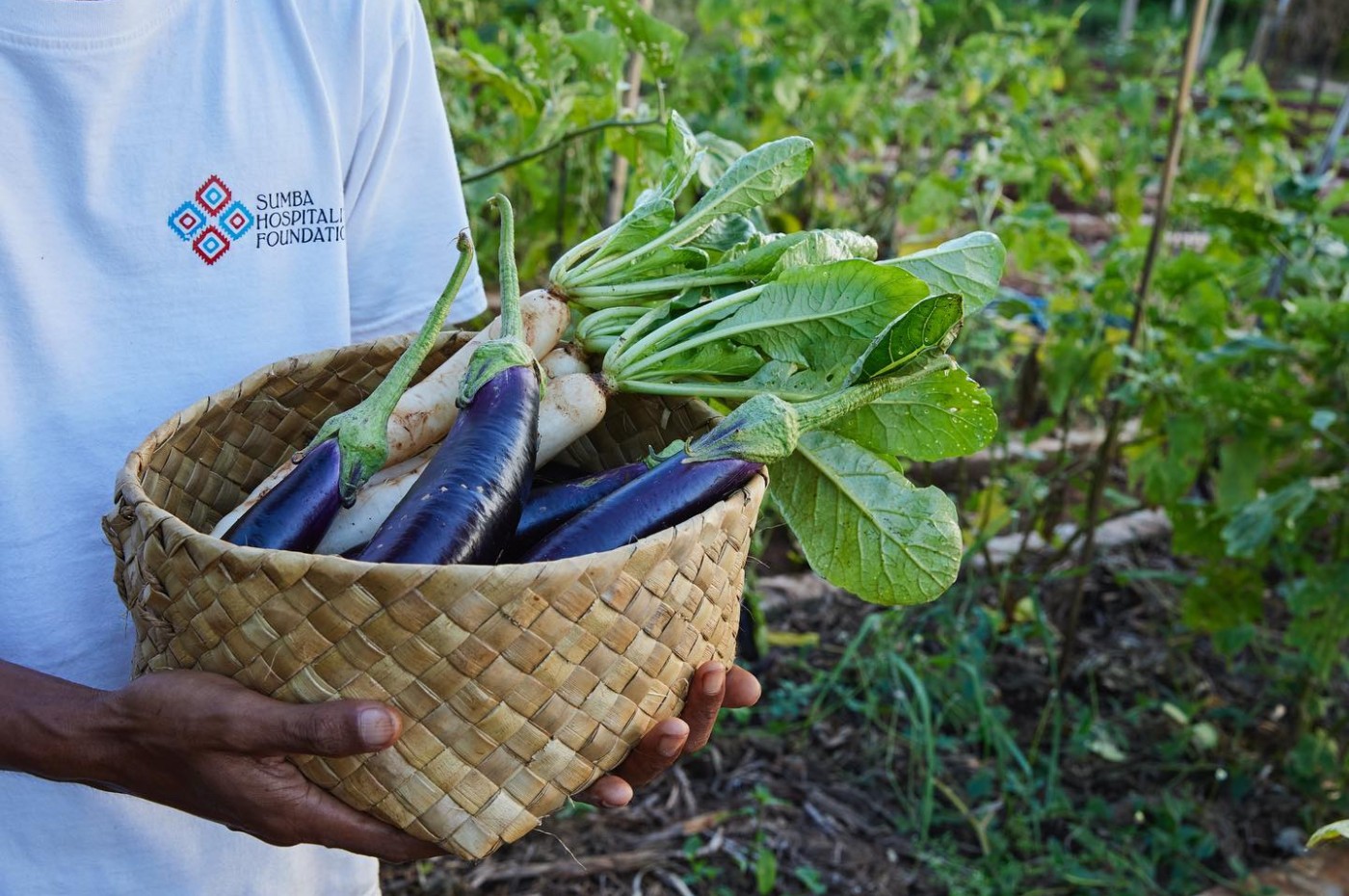
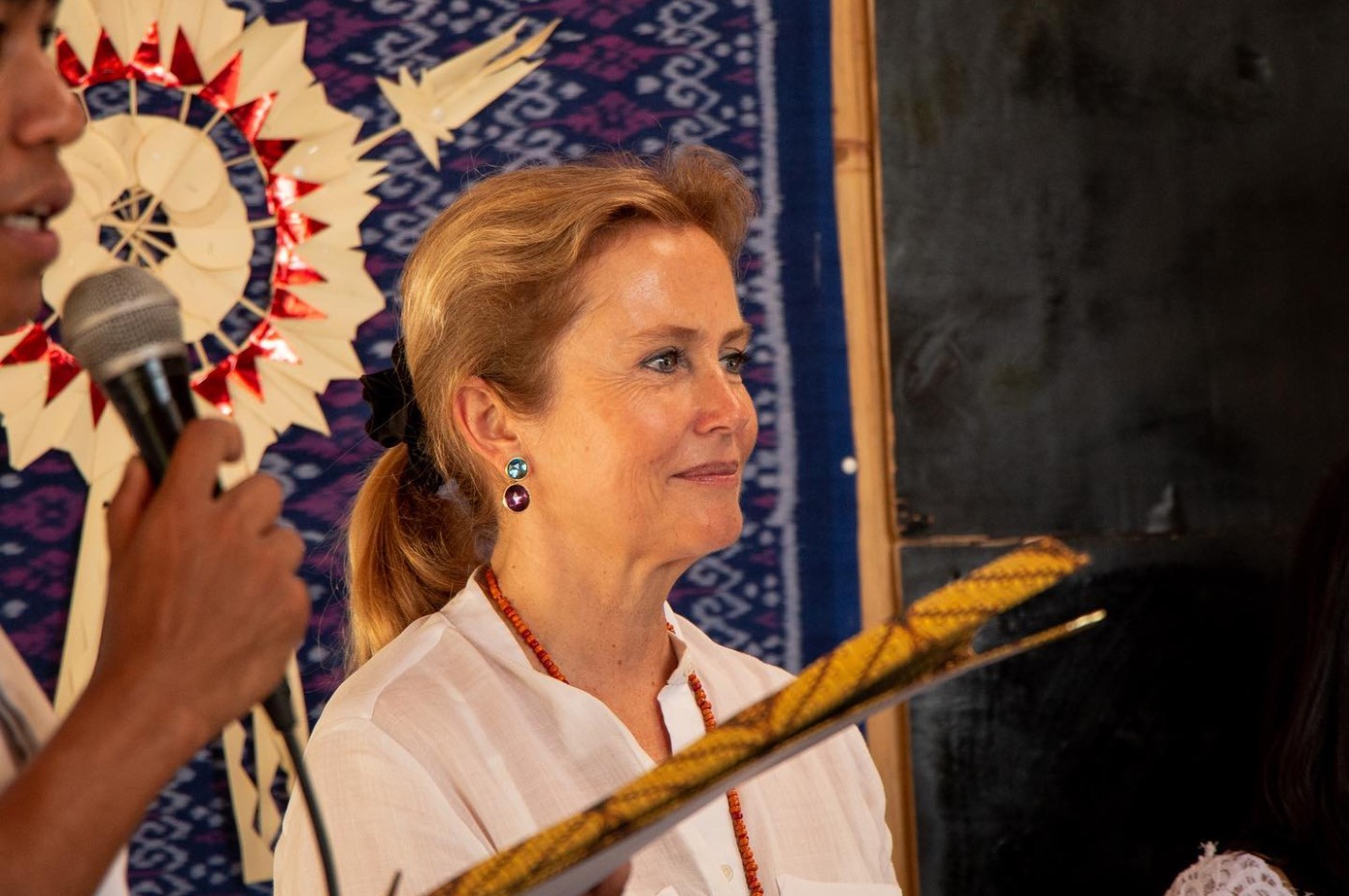
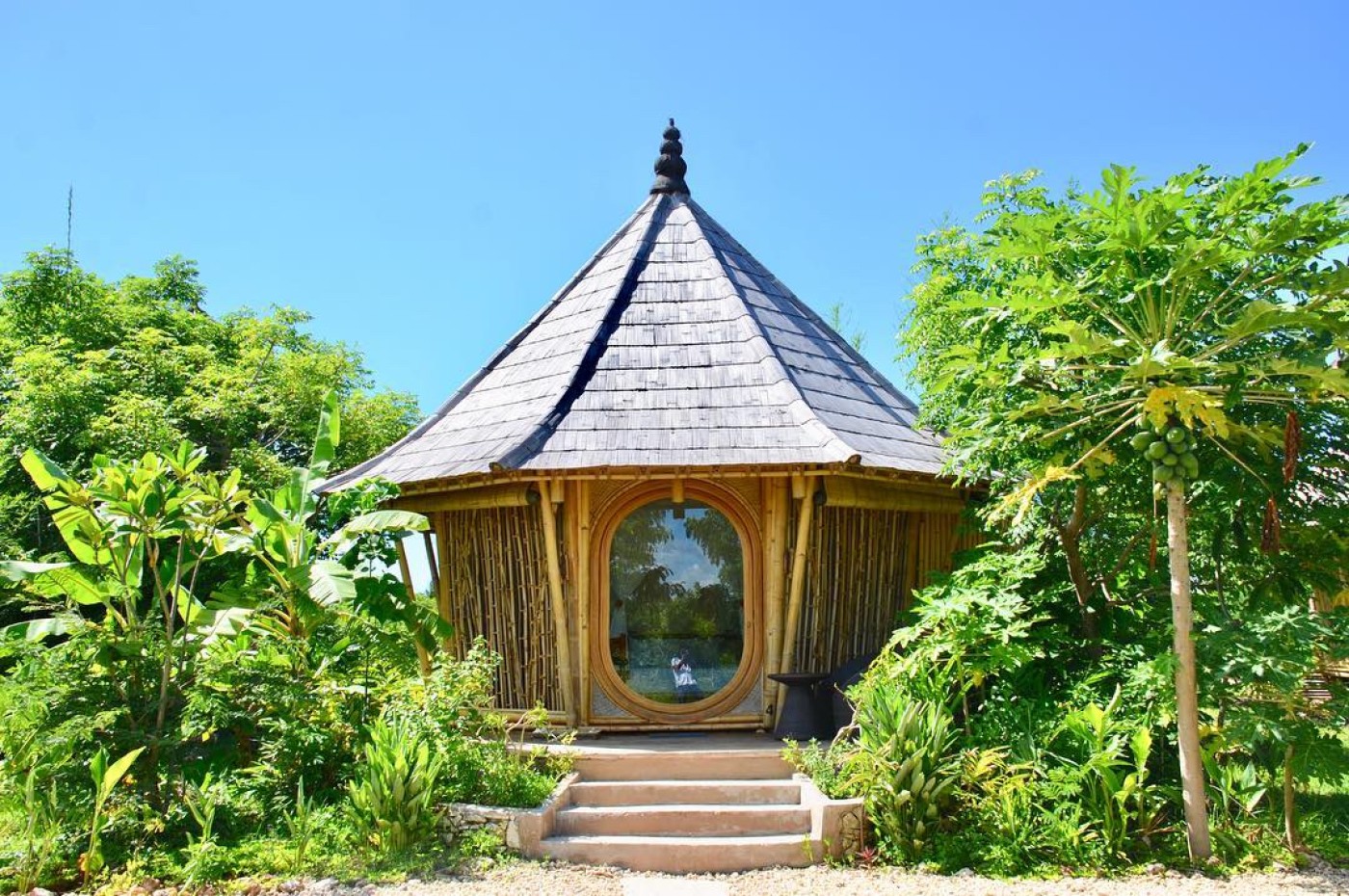
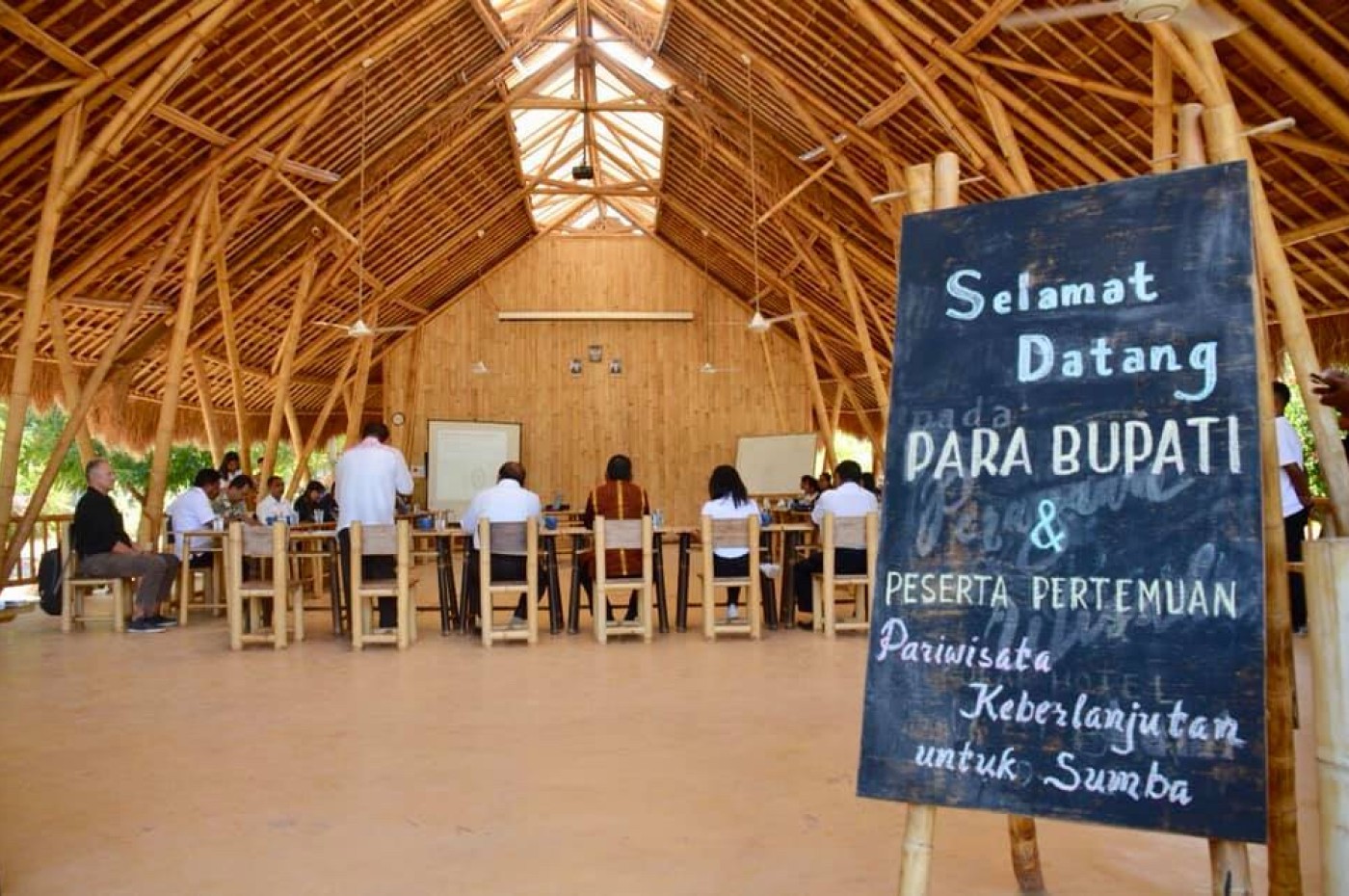
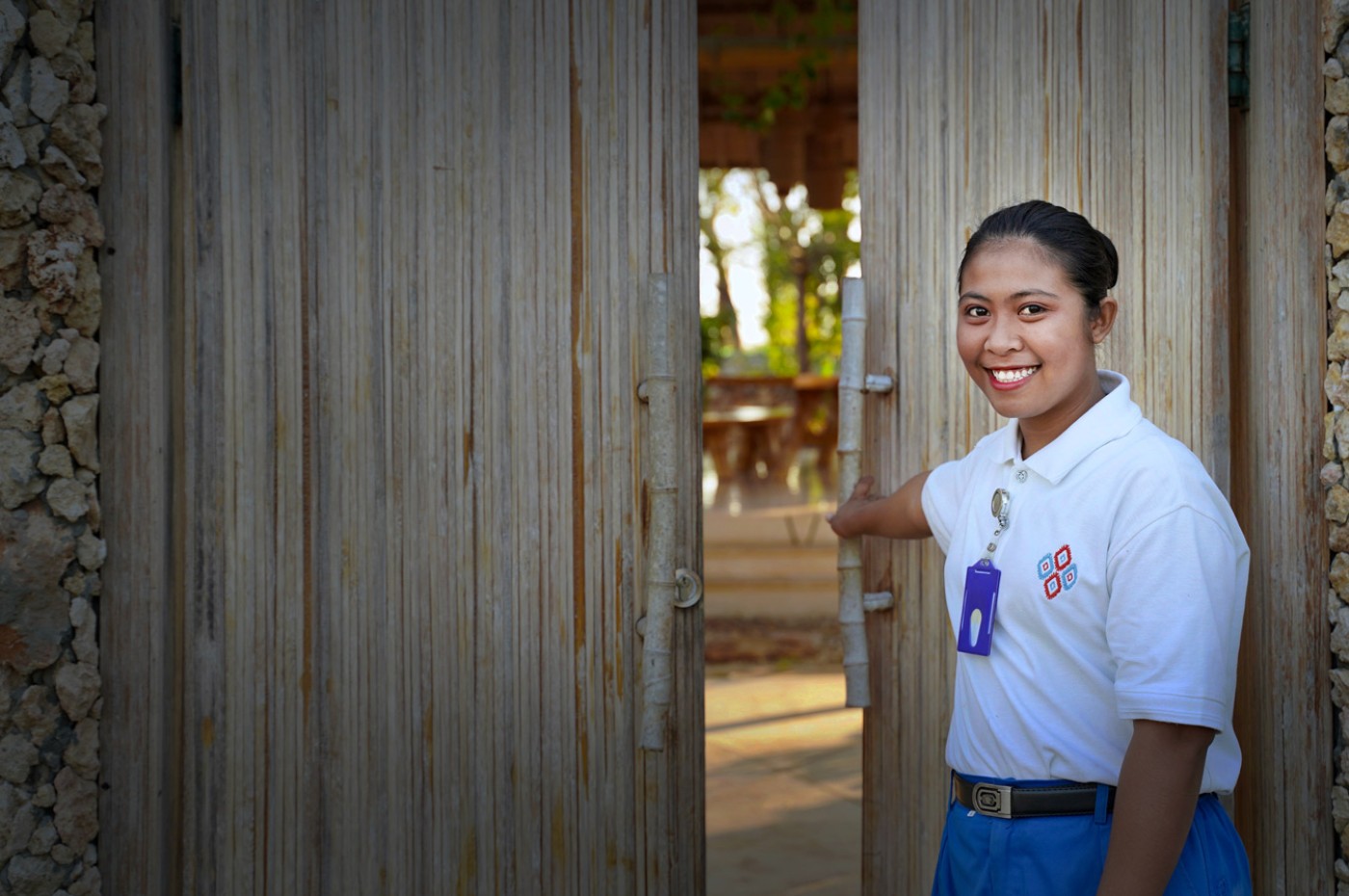
On the other hand, I was shocked by the poverty and deprivation. Sumba is one of Indonesia's poorest areas, with hunger and hardship experienced on the island. Furthermore, there is no education beyond high school on the island.
There were few tourists. Most guests were professional investors who bought up land on a large scale and left it fallow for better times without any prospects for the local population. I was caught by a great affection for Sumba, mixed with a genuine concern for the future. Something had to happen, and I was ready."
JI: What were the first tentative steps towards what has become the Sumba Hospitality Foundation?
Inge: "On my trip, I experienced this island myself, which had yet to come under the tourism radar but had enormous potential. At the same time, the local population was in no way ready to handle the potential of tourism.
If no one did anything for Sumba, tourism jobs would go to everyone but the locals. And the money from tourism would not lift the locals' lives or preserve and improve Sumba's unique ecosystem.
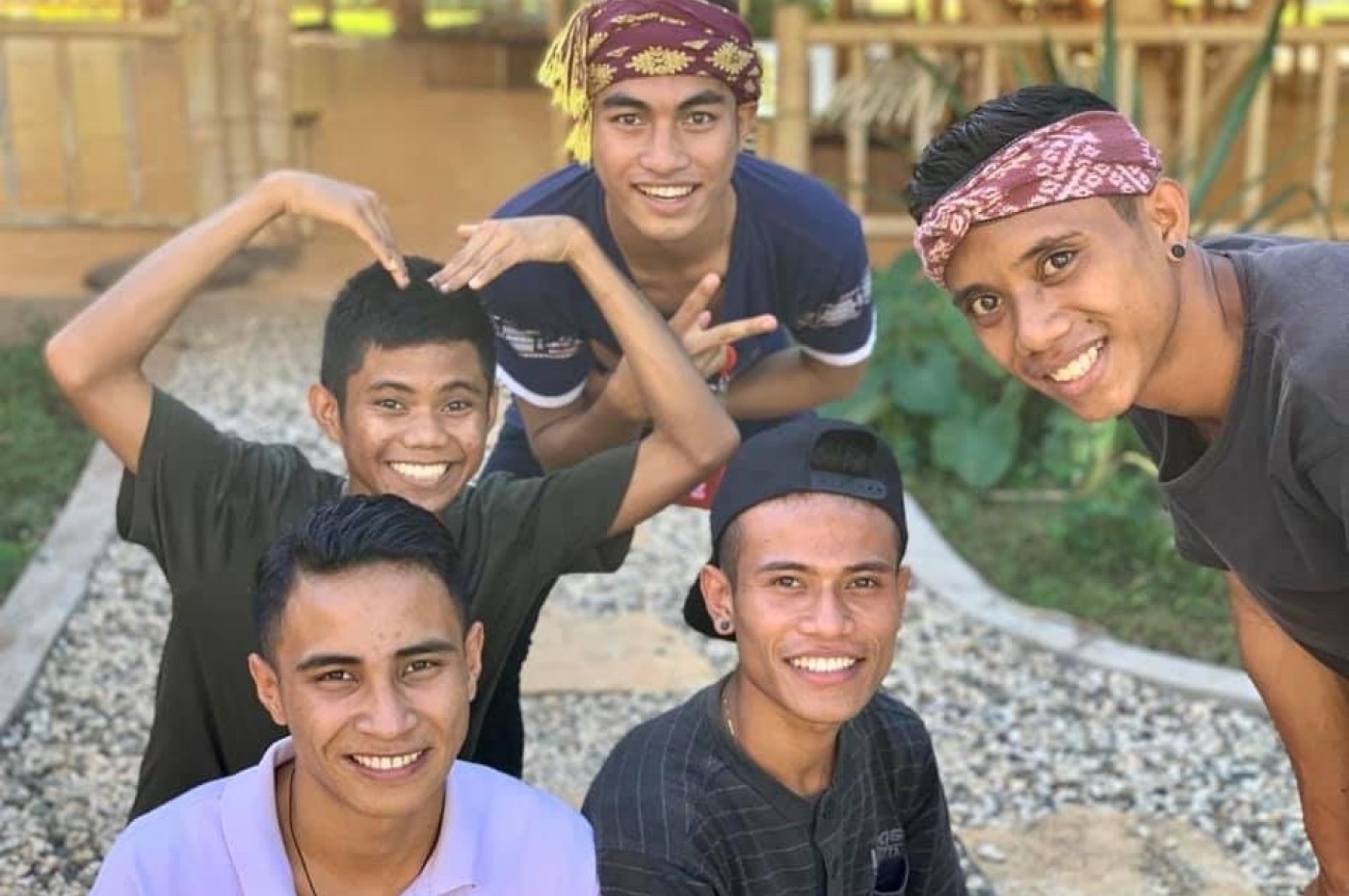
I had extensive experience with philanthropy but had never worked in Indonesia or undertaken my own project. But here was the opportunity and the need - and I felt the time had come.
I wanted to create a hotel school in Sumba. To provide free education to a poor population aged 17-25 - a group that can serve as role models and give back to the local community. To establish a 100% non-profit organization and supplement the hotel school with a small hotel, restaurant, and sustainable agriculture that students can learn from.
Between 2013 and 2015, when I opened the school, I found suitable land, structured the foundation, designed the school and hotel based on local, sustainable building and material principles, built the campus, composed the education program, and, most importantly, created "buy-in" from the local community.
Working with official Indonesia, tribal leaders, and local stakeholders was and continues to be time-consuming and critical. The fact that we have created a forum where the tribes on Sumba actually talk and work together is a small joy in itself."
We invest 10% of our profit in the future of Sumba
From the very beginning, we decided to invest 10% of its profits into something good, and we have done so in our first years and continue to do so.
Most recently, we have invested $10,000 in the Sumba Hospitality Foundation because we believe the project is making an actual difference. It is creating positive change on one of Indonesia's most beautiful and fragile islands, and it is creating hope for the future.
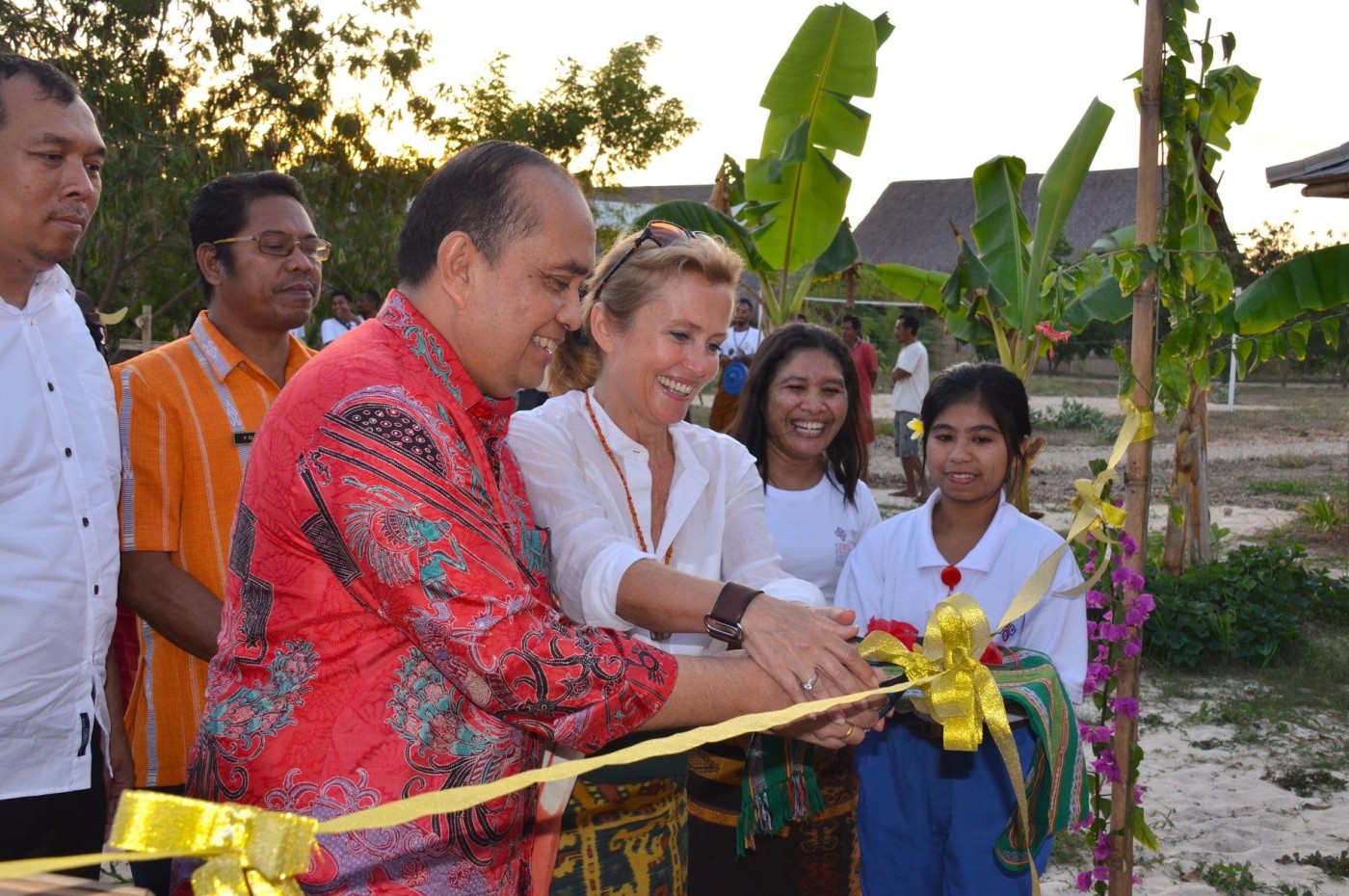
JI. How do you create an organization in a third-world country - alone?
Inge: "Hard work and willpower are essential. But I have not done this alone. My local Indonesian right-hand person, who is responsible for the school and whom I involve in all decisions, has been crucial.
I am not from Sumba and do not live there myself, but I am there as often as possible. Therefore, local stakeholders are essential.
In addition, I have four sons who have all contributed. One son has created an active permaculture farm and lives on Sumba, another helps with social media, a third with finance, and a fourth has been involved in developing the school's curriculum. It has become a family life project.
This is a hobby, work, and our life. It is so meaningful to see young people come out on the other side and create success for themselves, their family, and their village."

JI: Why have you targeted the efforts towards education, hotel management, and 17-25-year-olds?
Inge: "An educated person in employment typically sends money and resources back to their village, which creates a better life for about 10 family members - a sister or brother can go to school, agriculture and resources are better managed at home with learning from permaculture. The ripples spread in the community and affect their quality of life."
98% of the young people complete the 18-month program and find jobs. Some even get employed at NIHI - a resort on Sumba that has been named the world's best resort several times. They succeed, creating stories that others in the community admire
Inge De Lathauwers, Sumba Hospitality Foundation
We stand on two pillars: 1) Annually, we provide 60-80 young people from disadvantaged backgrounds with an opportunity for quality education in hotel and restaurant management, and 2) we strongly focus on responsible tourism.
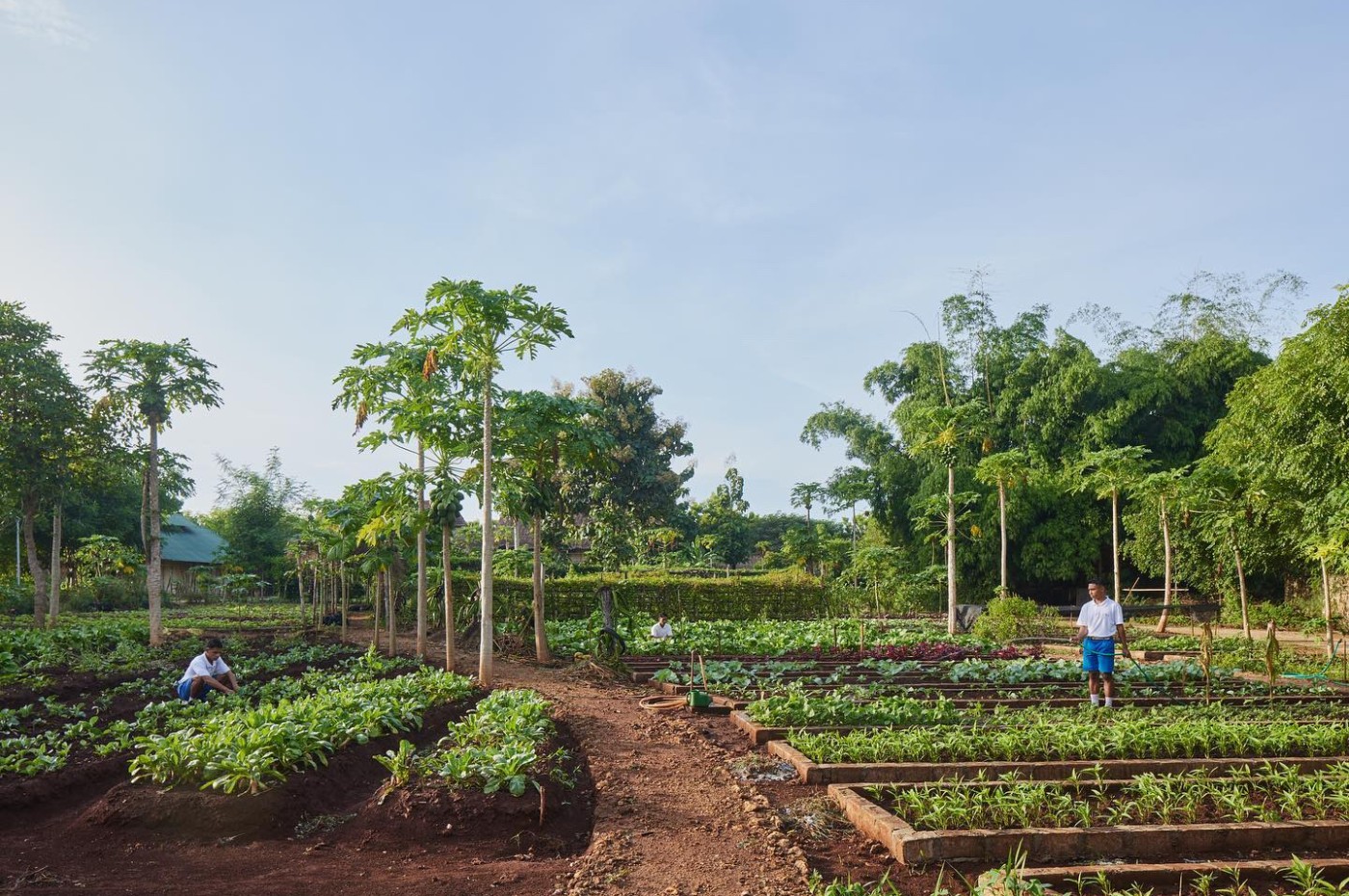
Our campus is a self-sufficient laboratory, where recycling, a 'no plastic policy,' solar energy, no pesticides, and much more are part of everyday life. In addition, all of the area's young people can come by for free daily English lessons. All of this is creating a mentality change that spreads out into the many villages. It is extremely effective."
JI What is it like for a hotel guest to stay at a "hotel school"?
Inge: "Our hotel is a 'happy place.' You can feel the energy, the local interaction... The young people who have been given a second chance want to learn and use their newly acquired skills but are also curious about the world.
They ask questions about our guests' world outside. It is much more than a hotel. We have created a space for hope on Sumba, and you are living in the midst of it
Inge De Lathauwers, Sumba Hospitality Foundation
Read more about the hotel Maringi Sumba.
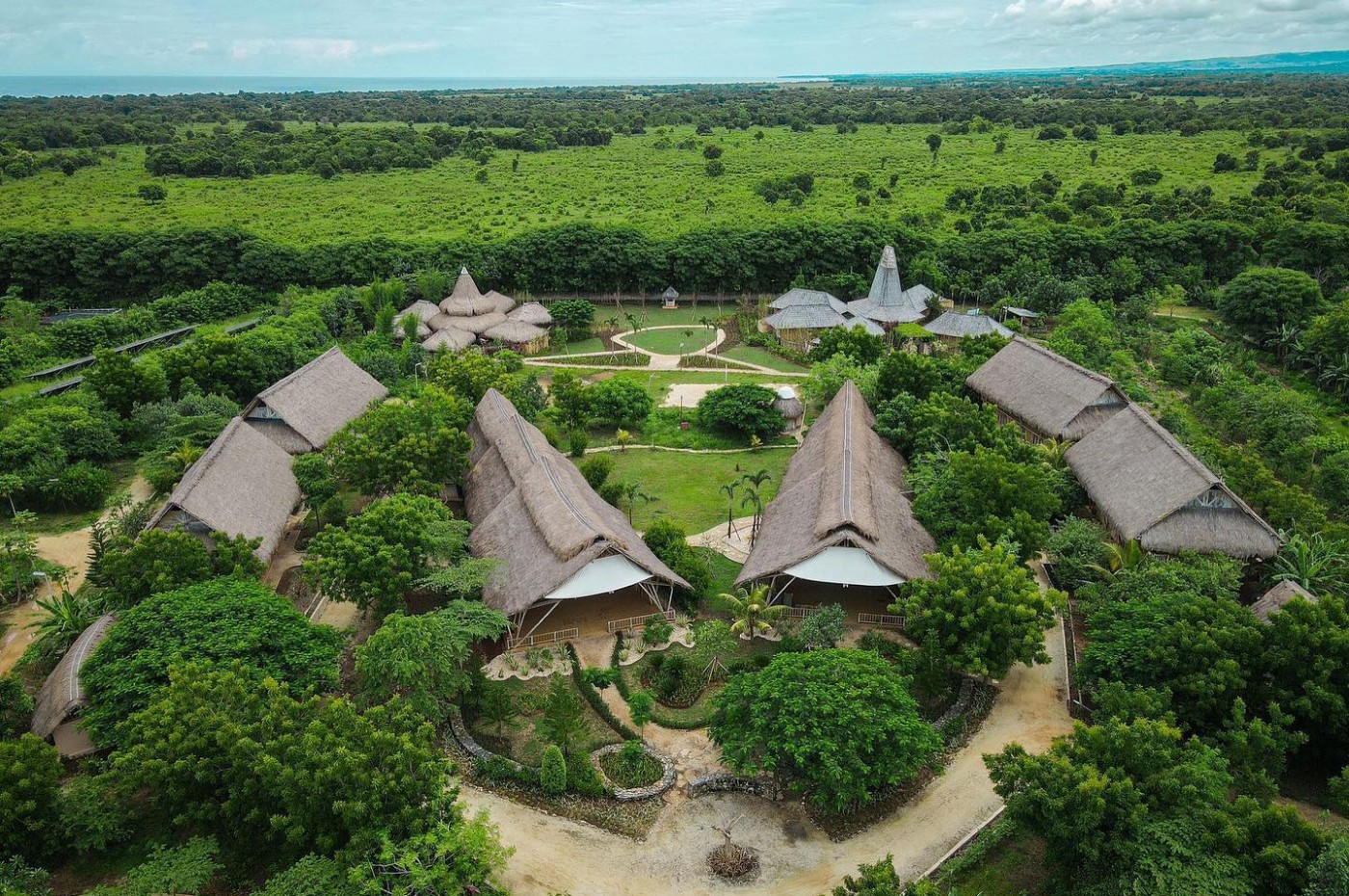
JI: What is your dream for the Sumba Hospitality Foundation?
Inge: "To help facilitate better tourism in Sumba, where the local people benefit from your visit. Tourism is where you, as a visitor, actively participate in the journey and experience. Less Instagram, more substance. Less fancy hotels, more genuine interaction. All on Sumba's terms. Then I will be both proud and happy.
We receive 800 applications to the hotel school annually. Still, we only have space and resources to take in about 70 young people. If we can think creatively with other good partners and create space for more, Sumba will flourish and move out of poverty.
Sumba is an adventure, but at the same time, it is an island with challenging conditions. Together we have the opportunity to turn dreams into reality.
Sumba and the foundation are my life's work."
About the Sumba Hospitality Foundation
Sumba Hospitality Foundation is a non-profit organization created by Inge De Lathauwer on the island of Sumba in Indonesia. Inge believes that all young people should be able to grow and develop a better future for themselves.
Sumba is a beautiful island with a strong culture that is slowly developing into a tourist destination. By offering education in hotels, restaurants, permaculture, and responsible tourism, the young Sumbanese are equipped with the skills they need to create jobs and development on the island.
The purpose of the Sumba Hospitality Foundation is to:
- Create a sustainable model for responsible tourism development with respect for Sumba's culture and history
- Educate underprivileged students for a career in the hotel and restaurant industry
- Share knowledge of sustainable permaculture techniques in Sumba and create local environmental awareness
Get the full story about Sumba Hospitality Foundation.